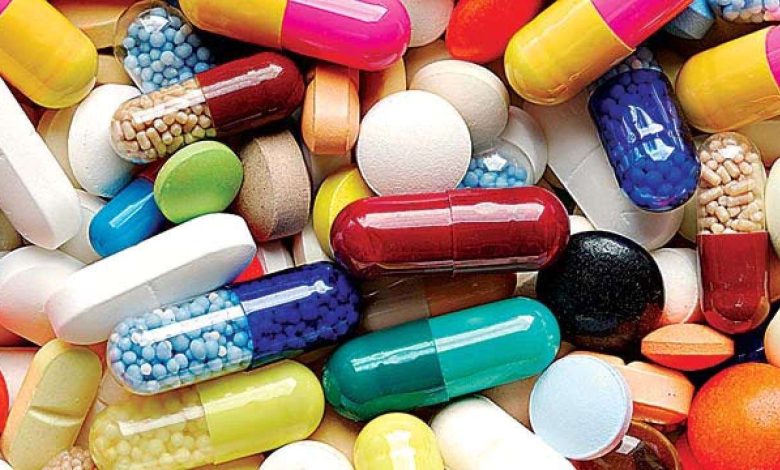Morning after pill market increases around New Year holidays

Sales of emergency contraception in the United States are projected to experience an approximate 10% increase in the week following the New Year holiday, indicating heightened risks of unprotected sexual activity compared to other holidays, according to a study featured in The BMJ’s Christmas issue.
While holidays like Valentine’s Day and Independence Day also showed an uptick in sales, the magnitude of increase was comparatively lower. Despite the seemingly humorous annual surge in sales, researchers emphasize that, given the increased restrictions on abortion in many U.S. states, it highlights an unmet need for contraceptives that warrants further attention.
The association between New Year’s Eve celebrations and increased sexual activity, compounded by elevated alcohol consumption, leads to a decreased likelihood of protection. Additionally, New Year’s Eve correlates with higher rates of sexual assault and limited access to alternative forms of contraception due to restricted operating hours of clinics, medical offices, and stores.
The study utilized retail scan data for levonorgestrel, an over-the-counter medication available with no age restrictions since 2013, often referred to as the “morning after pill.” Despite its nickname, levonorgestrel remains effective within 96 to 120 hours after unprotected intercourse, with timeliness being crucial.
Analysis focused on sales in the week following New Year’s Eve and New Year’s Day from 2016 to 2022 in various U.S. retail outlets. The data covered grocery stores, drug stores, mass merchandisers, club stores, dollar stores, and military outlets. Adjustments were made by dividing weekly sales by the size of the female population aged 15 to 44 years old to account for potential demographic changes.
Overall, sales of levonorgestrel increased by 0.63 units per 1,000 women aged 15 to 44 years old in the week following New Year’s Eve, equivalent to nearly 41,000 additional pills sold in 2022 based on population estimates.
The study also examined other holidays linked to increased unprotected sexual activity, such as Valentine’s Day, Independence Day, and St. Patrick’s Day. Valentine’s Day showed a sales increase about half the size of the New Year’s surge (0.31 units per 1000 women). Independence Day was associated with a 0.20-unit increase, while St. Patrick’s Day saw a 0.14-unit increase.
Holidays like Mother’s Day, Father’s Day, and Easter did not exhibit a significant increase in sales. The researchers acknowledge limitations, including the fact that emergency contraception sales may not directly correlate with usage. Additionally, the data excluded emergency contraception obtained through medical clinics, independent pharmacies, and online sales, and variations in holiday celebration practices and reproductive healthcare accessibility may affect the generalizability of the findings to other contexts.



